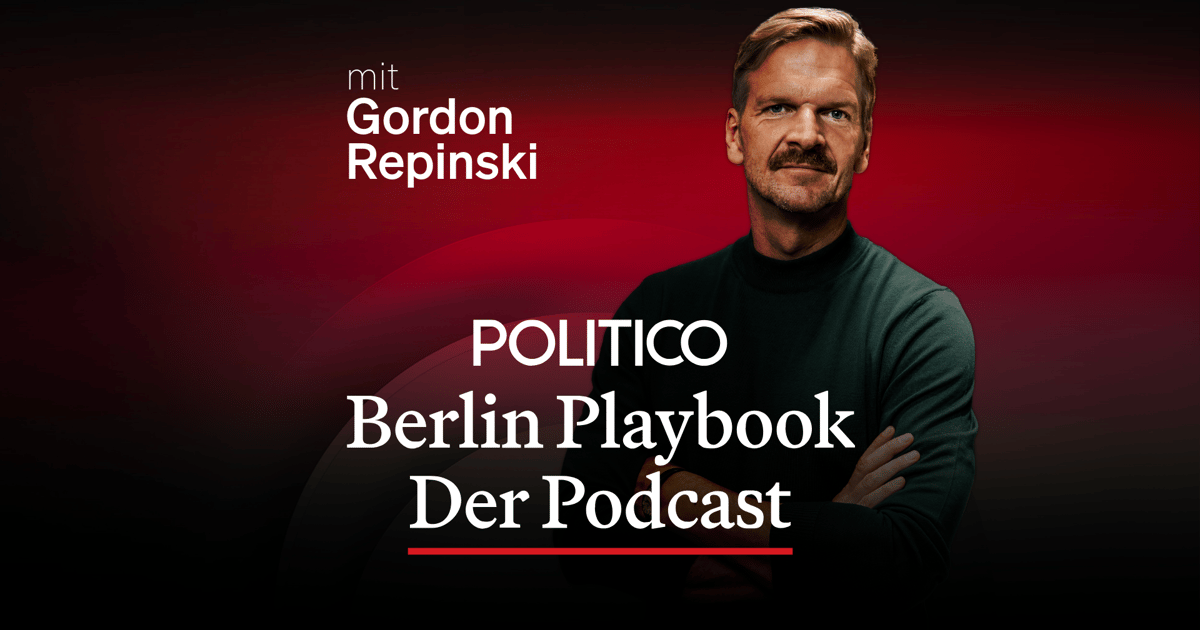

Amidst a swirl of international gatherings, new dialogues and reflections pave the way for enhanced cooperation and understanding across continents. From geopolitical negotiations to celebrations of heritage, each event adds a rich layer to the global tapestry.
In The Hague, representatives from NATO countries gathered for a summit where the spotlight was trained on a significant financial commitment. The agenda was dominated by discussions on achieving a defense spending target of five percent of GDP. This proposal, a subject of much anticipation and debate, aims to bolster collective security amongst the member nations. As the leaders exchanged views, influential figures like Friedrich Merz expressed readiness to support the initiative. However, the dynamic nature of international politics leaves open questions about potential disruptive influences, including figures such as Donald Trump, whose actions on the world stage continue to be unpredictable. While the political dance unfolds, NATO remains focused on cultivating unity and shared goals within a diverse international community.
Meanwhile, the vibrant celebration of Mozambique’s independence brought together communities and leaders alike. On this notable occasion, Mozambique marked half a century of independence with festivities led by the President of the Republic, Daniel Chapo, in Maputo. The anniversary provided a moment for reflection on the nation’s journey and aspirations for the future. Marcelo Rebelo de Sousa, among the luminaries present, took the opportunity to commend the Mozambican community in Portugal. His acknowledgment of the strong ties between Lusophone countries underscored the importance of nurturing relationships that share a common language and heritage. This anniversary not only highlights historical milestones but also reaffirms the enduring bonds and shared cultural narratives that transcend borders.
In a contemplative discourse on governance and state reform, insights were shared about the behavioral aspects influencing political and administrative frameworks. Rather than solely attributing challenges to political or legal structures, the discussion highlighted how the exercise of power and leadership behaviors shape environments of decision-making. There is a summons for mindful consideration of how leadership styles can induce either positive or detrimental impacts on institutional cultures. Recognizing these dynamics encourages a collective move towards environments that foster collaboration, trust, and integrity, crucial for both public service efficacy and the general welfare of societies.
These converging narratives, from the tranquil corridors of international diplomacy in The Hague to the jubilant streets of Maputo, and the reflective examinations within state governance, collectively speak to a world grappling with complex yet shared challenges. As leaders and citizens alike engage in these dialogues, they illustrate the perennial quest for balance between progress and tradition, security and cooperation, and the continual molding of a shared global future.
Source: {link}
